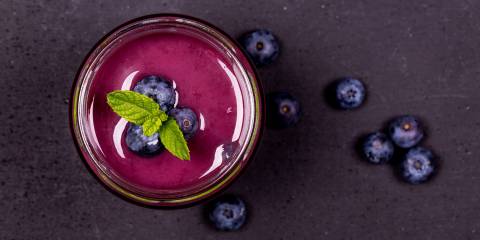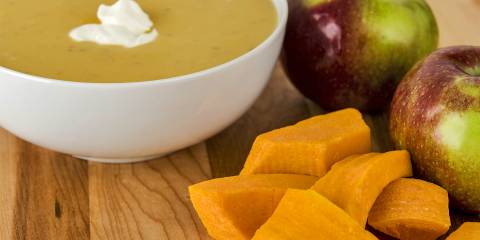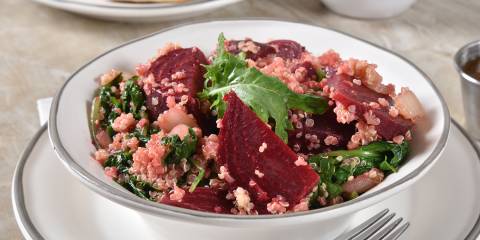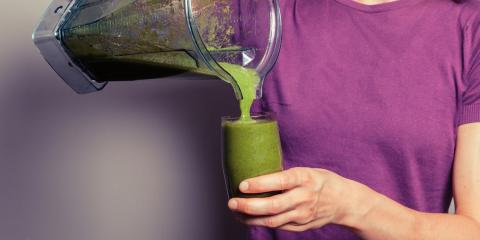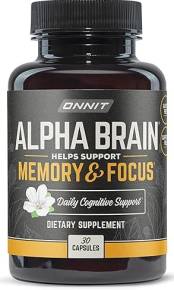Vitamin Absorption
Just because you're eating vitamin-rich foods (or taking supplements) doesn't mean your body can absorb them and make use of them. Here's what you need to know!
Fat-Soluble and Water-Soluble Vitamins
It is important to understand the difference between fat-soluble and water-soluble vitamins. The first thing to recognize is that while water-soluble vitamins will be excreted if we overconsume them, our fat-soluble vitamins will be stored, which can lead to a toxicity if we aren’t cautious.
-
Water-Soluble Vitamins
Water-soluble vitamins include vitamin C and the vitamin B-complex.
Absorbing Water-Soluble Vitamins
There are several ways to get the most out of our vitamins and enhance their absorption. When it comes to water-soluble vitamins, it is important to recognize how easily these nutrients are compromised in storage and cooking. For example, overcooked vegetables will become depleted of vitamin C, leading to only vitamin-rich cooking water. Avoid this by limiting storage and monitoring cooking methods.
-
Fat-Soluble Vitamins
Fat-soluble vitamins such as A, D, E, and K are can be stored in our fatty tissue. With important functions and a variety of health and disease prevention roles, our fat-soluble vitamins are an important part of our diet.
Absorbing Fat-Soluble Vitamins
Unlike water-soluble vitamins, fat-soluble vitamins do not breakdown during cooking. It is important to remember that fat-soluble vitamins are not defined by the foods they are found in (i.e. carrots and cantaloupe in the case of vitamin A), but rather for the way they are best absorbed and stored. It is for this reason that our fat-soluble vitamins are absorbed better when consumed with fats or oils such as olive oil, avocado, nuts, and seeds.
That said, it is not essential to have higher fat milk in order to benefit from the vitamin D contained in it. Rather, why not add some nuts to your bowl of cereal?
Please note that while a risk of toxicity exists with our fat-soluble vitamins, a well-balanced diet is not going to have this negative effect because it will not likely exceed the upper safe limit for these vitamins.
Vitamin and Mineral Pairs
Some vitamins work better when paired with other nutrients.
- When consumed together, vitamin D and calcium enable calcium to be better absorbed.
- The effectiveness of vitamin E is enhanced when paired with vitamin C.
Liquid Supplements vs. Other Kinds
Generally speaking, if someone chooses a liquid, powder, pill or even gummy supplement depends on their unique needs, and possibly to avoid certain fillers or additional ingredients.
For example, breast-fed babies require a vitamin D supplement so a liquid supplement should be provided.

